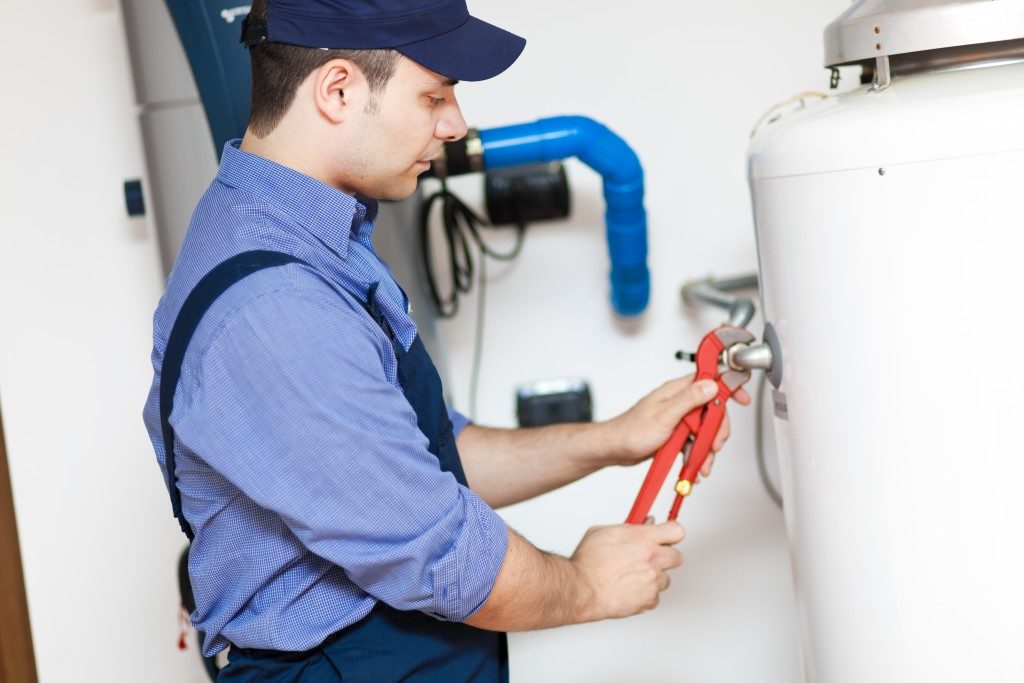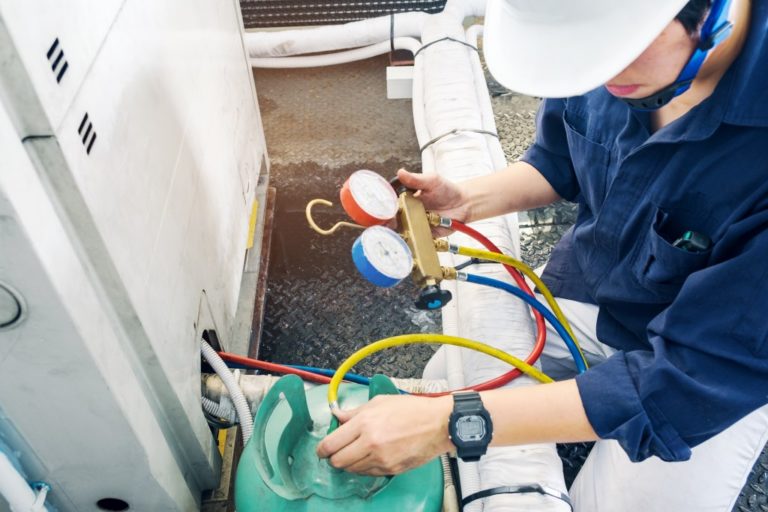It’s ironic, but it is true that we tend to just forget the important things in our lives. This golden nugget of reminder applies to most things – our home appliances included. Water heaters, for example, are so integral to our daily lives that they rarely never warrant a doubletake anymore. More often than not, we only stop to pay attention to them when something starts going awry, at which point it might already be too late.
Should cases like this happen, we can easily find companies in Salt Lake City that offer water heater replacement or installation. It doesn’t hurt to understand how our water heaters work.
Of Colors and Smells
Discolored and sometimes even foul-smelling water can be caused by various reasons. It doesn’t necessarily mean that your water heater is faulty; it may be a problem with your house plumbing or the municipal utility supply. If that’s the case, you have the option to let your trusted plumber or your supplier know of the problem so that a fix can be in order.
A good way to know what’s really causing the problem is to run your tap water and see if the water is discolored there as well. If the water is clear and only your hot water is rusty, then yes, the problem lies with your water heater.
A prompt solution to this is to simply flush the tank with cold water. Making this a routine will also help keep the components inside the tank clean and free from rust or minerals that naturally build up over the years.
If this doesn’t work and the water is still muddy, then either your tank or the anode rod is rusty.

But what is the anode rod?
The anode rod is a metal rod that helps prevent rusting and corrosion. Your tank will rust and your heater element will corrode at some point, as such is the nature of metals in water, albeit ideally not after a very long time. The idea is to have something that’ll corrode first, and that’s where the anode rod comes in.
Because of the physical and chemical composition of the anode rod, it corrodes first before anything else in your water heater. This way, as long as there is something left of the rod to corrode, the steel of your tank and the other exposed metals in your heater will not. Once the rod runs out of metal to sacrifice, so to say, that’s the only time your tank starts rusting.
What does this mean?
Paying attention to and regularly changing your anode rod will play a huge part in the longevity of your water heater. An entirely corroded anode rod will mean problems for your heater, such as discolored water and leaks, to name some. So, the sooner you identify that the rod is the problem, the sooner you can prevent tank rusting and all the other headaches this will surely bring.
If the tank is already rusting, it might be best to get a replacement heater. Now that you know of this important part in your heater, your water heater will be taken care of and cause little to no problem.




